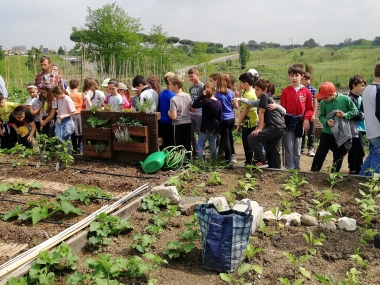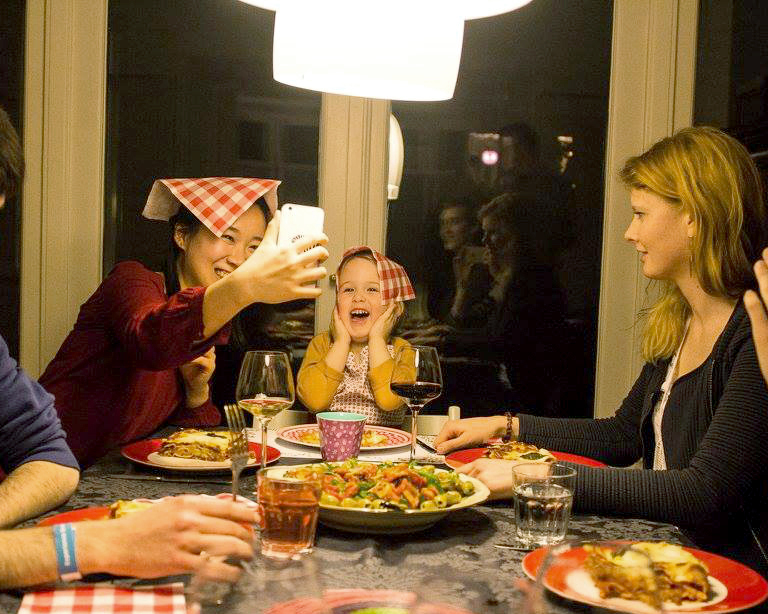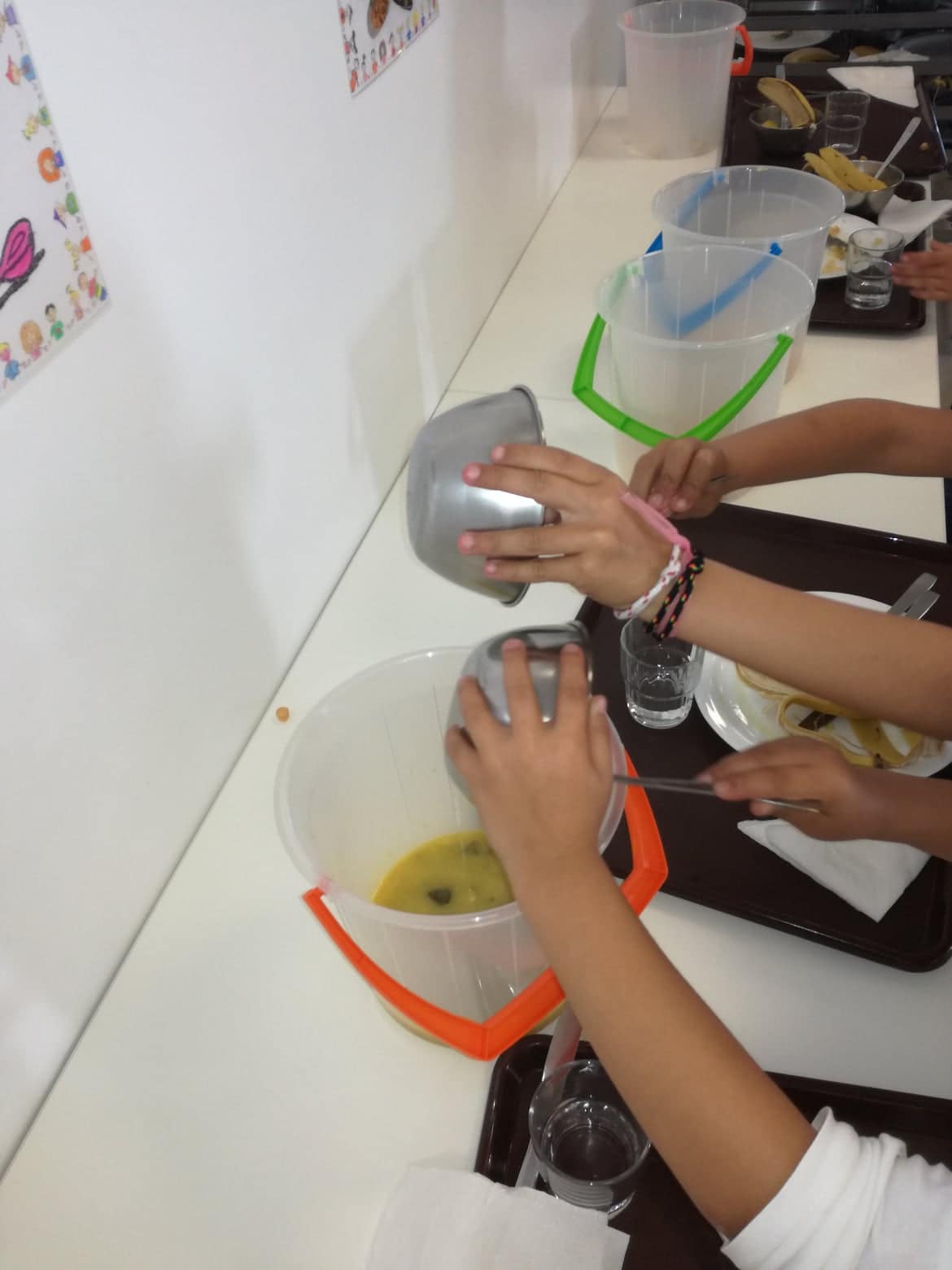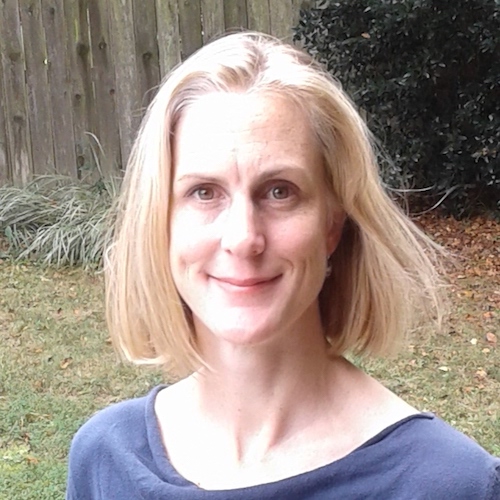Improving children’s education for a sustainable urban future
Edited on
13 November 2019URBACT is helping European cities find – and share – new ways to support children’s education for a better future.

From organic school gardens and innovative teaching methods, to community courses and better links with families, health specialists or local businesses, URBACT is improving kids’ chances with innovative approaches to education.
Education is central to sustainable urban futures. Whether it’s to fight inequality and social exclusion, boost a town’s attractiveness, or help young people protect the environment, its vital role in building better cities is reflected in many URBACT networks past and present.
Let’s take a look at what some of these cities are doing…
The city as an orchestrator
Why are city authorities well placed to improve education policy? “Because the municipality has proximity to the citizens,” says Mireia Sanabria, Lead Expert for the URBACT transfer network ON BOARD – Connecting cities through education. “They can directly understand, visit, dialogue with communities to know their specific needs. And they have a brokerage role.”
As well as providing technical or financial support, space and equipment, cities can coordinate groups of local education stakeholders – schools, families, companies, associations, researchers, municipal departments and higher government. One example is Viladecans (ES), whose Education Innovation Network (EIN) approach is being adopted by five ON BOARD partner cities. This partnership inspired Nantes (FR) and Albergaria-a-Velha (PT) to develop new student wellbeing initiatives to improve academic results through happy, engaged learning. “We can provide schools with help, resources, and protection so they can dare to do things differently,” adds Sanabria.
Social inclusion and children’s rights
Laura Colini, Programme Expert for URBACT, points out that while the European Pillar of Social Rights states that everyone has the right to affordable early childhood education and good quality care, and the Charter of Fundamental Rights of the European Union recognises education as a right, opportunities for children vary enormously across the EU – and from one city neighbourhood to another.
“Recent estimates show under 17s to be the most vulnerable to risks of poverty, particularly children from ethnic minorities or with migrant backgrounds. In 2018, 20 000 unaccompanied minors applied for asylum in Europe in 2018, 40% of them in Germany and Italy,” says Colini. “This is why, the way the education system handles inequalities in family backgrounds can have an enormous impact, due to the crucial years pupils spend in schools.”
“The question of children and education should be treated with a holistic perspective, involving families and schools,” Fintan Farrel, Director of the European Anti-Poverty Network, said in an interview for the EU Urban Agenda poverty partnership (Colini & Tosics 2017).
This is just the sort of integrated approach that URBACT champions. During the URBACT StayTuned network, for example, the Ampelokipi - Menemeni municipality in Thessaloniki (EL) formed a strong team that works closely with school directors and local Roma people, deepening the administration’s understanding of Early Leaving from Education and Training. This led the municipality to adapt its courses, information and support to the needs of Roma children and parents, both in schools and in a new easily-accessible Community Centre. “Through the collaboration and exchange of experience with partners, the way the municipality understands its problem and role, as well as the methodology for managing challenges in the field of education and training, has changed,” says Magdalini Rousseti, Ampelokipi – Menemeni’s Director of Social Policy, Education, Sports & Culture.

As for Groningen (NL), with an aging population and jobs to fill, the city teamed up with its universities, academic hospital, citizens, employers and cultural institutions, to help international students and professionals “come, stay and be active”. Six medium-sized cities are now learning from this experience in the URBACT Welcoming International Talent network, including Bielsko-Biala (PL) who were recently inspired to open their own “Centre for Integration of Foreigners” MyBB.
Macerata (IT), won an URBACT Good Practice label in 2017 for its co-regeneration of urban green spaces around inclusion and children’s education. The Pace neighborhood green space has since become a place for meeting, education and social inclusion for the whole community – grandparents, parents, teenagers and children. The Les Friches NGO behind the scheme says, “Our participatory action has given positive effects. There’s now a new and integrated community that lives in the common space.”
Of URBACT’s many networks set up to help cities fight exclusion, here are just three more examples linked with education: Prevent – “Involving parents in the prevention of early school leaving”; ONSTAGE – “Music schools for social change”; and Rumorless cities – “Prevent discrimination, strengthen cohesion”, led Amadora (PT), where cities work with art and theatre to prevent discrimination and rumours against children with migrant backgrounds.
Methodology and tools for better learning
URBACT not only helps cities solve urban problems by strengthening cross-sector participation locally while learning from peers across the EU – it also brings municipalities new skills and methodologies. For some networks this is the main focus. The URBACT Playful Paradigm network for example, seeks new ways to engage stakeholders better in urban development. The eight partner cities use games to promote “social inclusion, healthy lifestyles and energy awareness, intergenerational and cultural mediation, place-making and economic prosperity”. Klaipėda City Public Health Bureau (LT), wants to work with more schools to introduce more playful, physical activities for schoolchildren, adapting techniques from their EU partners. “The network is a good framework to generate new ideas, spread the good practice,” says Laura Kubiliutė, Head of Klaipėda’s public health monitoring and projects department. One such idea is a playful Wednesday afternoon for young and elderly people at the county library, with quizzes and board games, helping strengthen links between generations, tackle loneliness, and foster social inclusion.
Small-but-powerful responsible citizens
 From helping children enjoy nature to rewarding schools that lower their carbon footprint and support local organic farmers, cities of all sizes are helping shape the next generation of healthier, environmentally-conscious citizens.
From helping children enjoy nature to rewarding schools that lower their carbon footprint and support local organic farmers, cities of all sizes are helping shape the next generation of healthier, environmentally-conscious citizens.
“Working with schools is fundamental to collectively learn about rights and values in social, environmental and economic terms, because through schools one can reach out not only children but parents, families, the wider community, also those that are not active in civil society,” says Laura Colini.
Torres Vedras (PT), is a good example here. They have a rapidly expanding sustainable food school programme with 11 school organic gardens growing tomatoes, beans, peppers and other fruit and veg. Children already learn about food production, seasonality – and identifying the organic food label in shops. Still, the URBACT BioCanteens network has brought new ideas, including “freshness” criteria to improve public procurement for suppliers, and Mouans-Sartoux’s (FR) food-waste reduction scheme that covers extra costs of healthy, organic school meals. “For us it was: ‘wow!’, a very great idea, because we’d never thought about this before!” says Paula Rodrigues, Responsible for managing biocanteens and school gardens for the municipality.
Torres Vedras launched a pilot project in a school whose vegetable patch is the size of 10 parking spaces, and World Food Day celebrations last a whole month. Here, having followed the food from planting to harvesting and delivery to the school kitchens, 150 six-to-ten year-olds are now learning to reduce food waste and weigh their leftovers so menus can be adapted. For Rodrigues, their new understanding of food waste is the “golden key to close the cycle”. The city will expand the scheme to nine more schools this year to reach a total of 1200 children.
Why are children good ambassadors for a sustainable future? “Because they are the future!” says Rodrigues.
There are many more stories of cities that have developed innovative, sustainable solutions involving education and children:
- Mouans-Sartoux (FR) and Fundao (PT) promote local organic food.
- Bielefeld (DE) launched school campaigns for walking and cycling.
- URBACT Tropa Verde network is all about reuse and recycling, with some educational workshops and links with schools
- URBACT BeePathNet network partners, believing that “to green your city, start by educating the children”, run children’s workshops and outdoor activities as part of their holistic approach to urban beekeeping. Read all about it in their “bees and education” themed newsletter.
- Ghent (BE): we don’t want a separate Children’s City
- Opening up the streets to play
- Child Friendly City – A city for all
Read more on URBACT and Education : https://urbact.eu/education
 Submitted by Amy Labarrière on
Submitted by Amy Labarrière on




